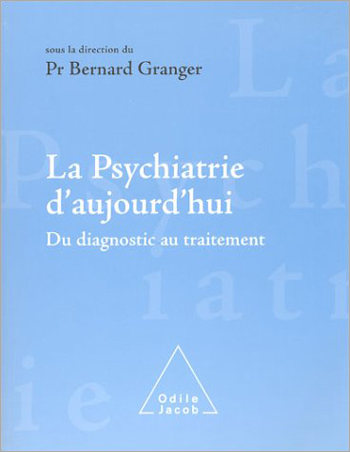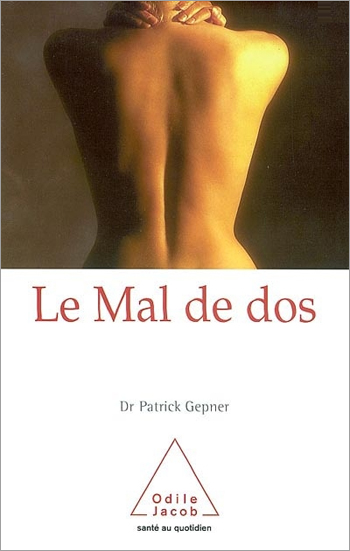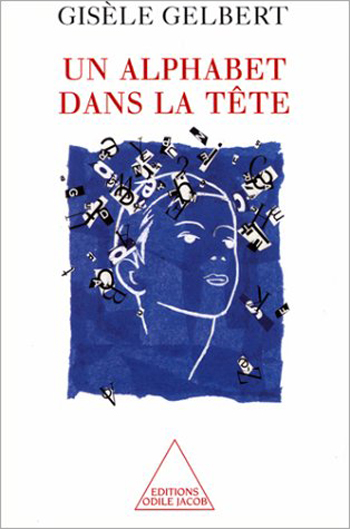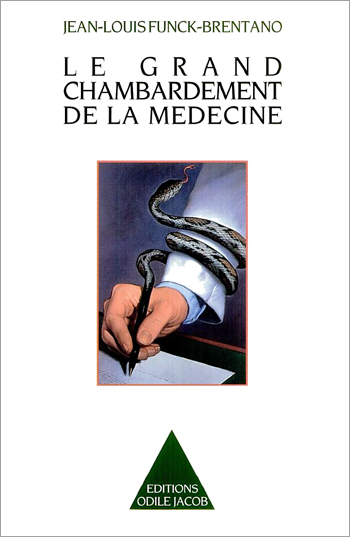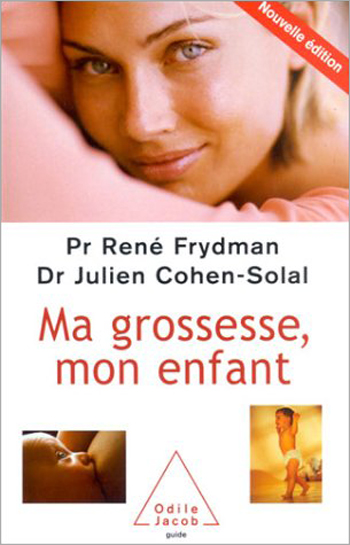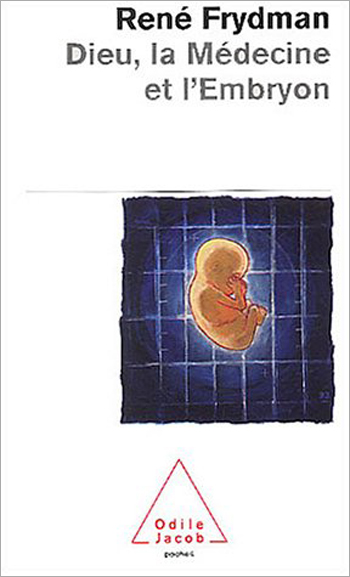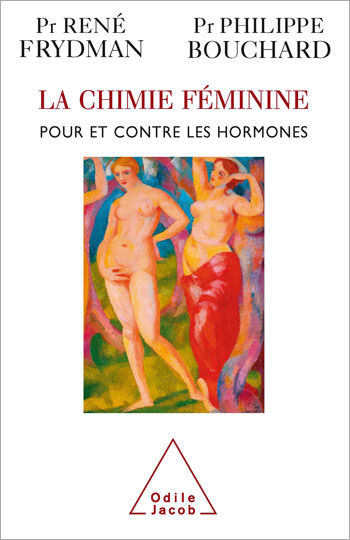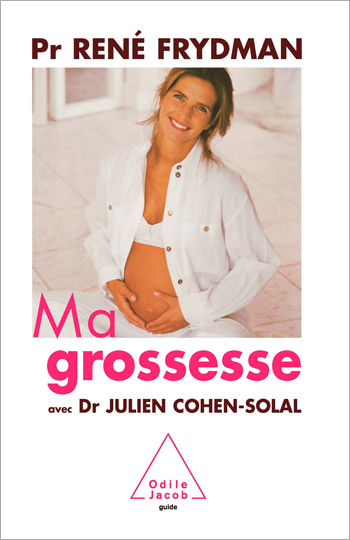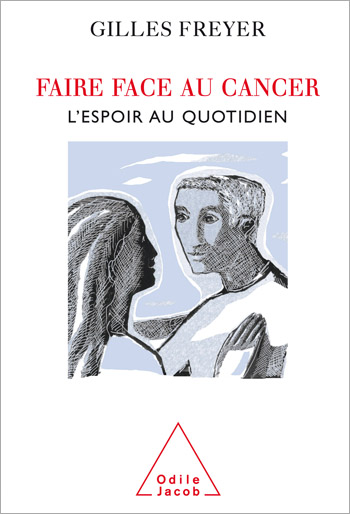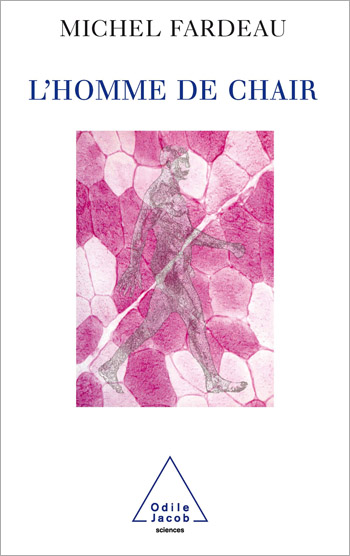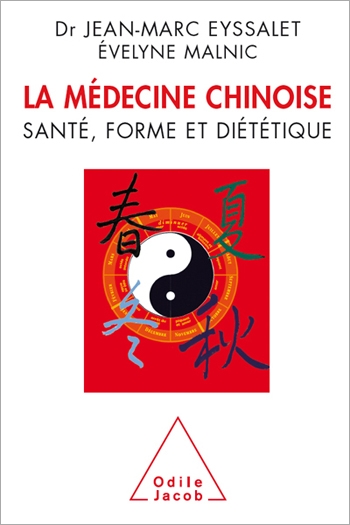Medicine All books
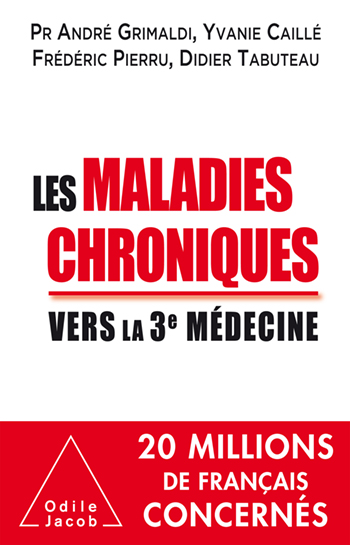
André Grimaldi, Yvanie Caillé, Frédéric Pierru, Didier Tabuteau
The Truth About Chronic Diseases
A team of authors that brings together the greatest specialists in French medicine in the most important fields: diabetes, cardiovascular disease, neurology, infectious disease and allergies. A real encyclopedia, which leaves no point in the shadows: from difficulties in following treatment to patient-physician relations, from families and carers to the public health system. A book that anticipates future problems faced by medicine, by doctors and by patients.
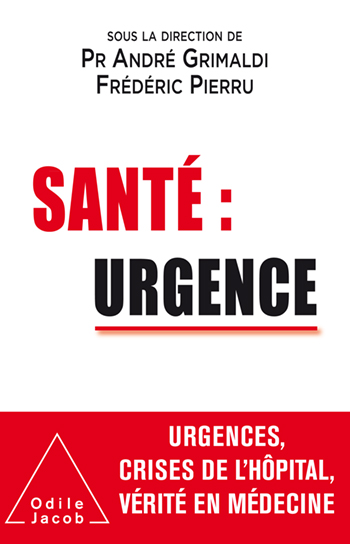
André Grimaldi, Frédéric Pierru
Your Health in the Future
How can we maintain the quality of care in hospitals? Is our health system equipped to respond to the challenges of the aging of the population and of chronic illnesses?
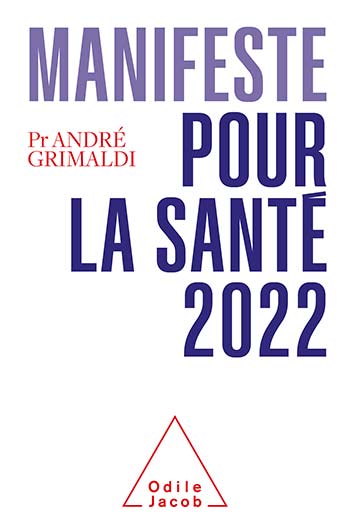
André Grimaldi
My Battle for Health Putting an End to 20 Years of Neglect
For a complete understanding of our health system and the succession of reforms “for increased productivity” of hospitals that have harmed it, without responding to the true new challenges happening now and to come.
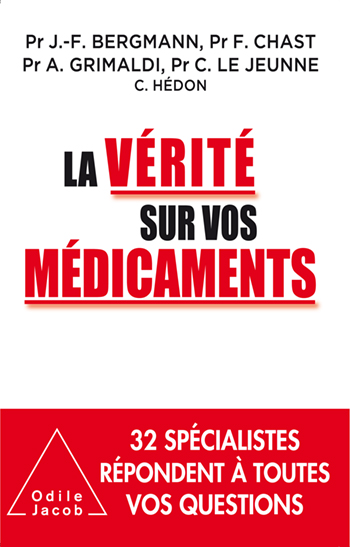
André Grimaldi, Jean-François Bergmann, François Chast, Claire Le Jeunne
The Truth About the Medications You Take
Medications, their benefits and risks, are closely scrutinised here by a team of experts
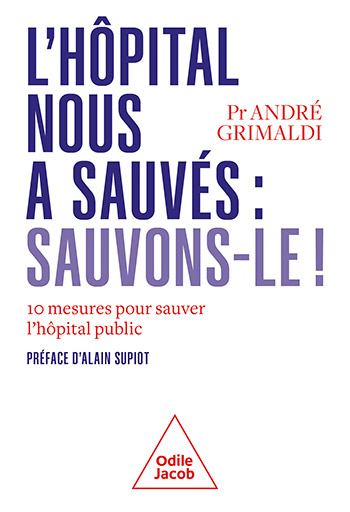
André Grimaldi
The Public Hospital is Ill: Diagnosis and Treatment Hospitals save lives, let’s save them too!
A diagnosis made on the basis of a 50-year decline in public hospital services, by one of the best specialists.
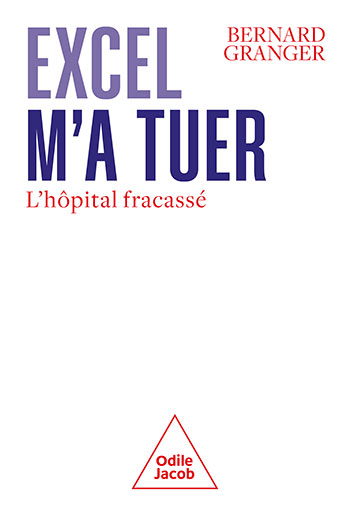
Bernard Granger
The Death of the Hospital?
After two years of health crisis, emergency response measures, overflowing hospitals and mass mobilization, a clear-eyed account of the state of hospitals today based on insider experience and lived examples.
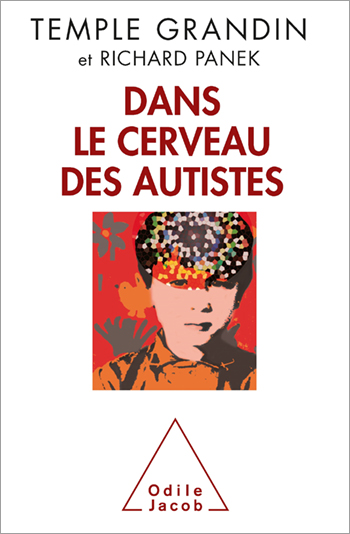
Temple Grandin, Richard Panek
The Autistic Brain
A cutting-edge account of the latest science of autism, from the best-selling author and advocate
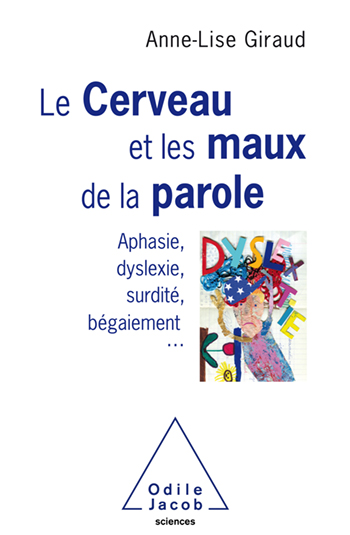
Anne-Lise Giraud
The Brain and Speaking Disorders Aphasia, Dyslexia, Deafness, Stuttering
Both clear and detailed, a book that provides correct answers to the questions that are asked about speech and the pathologies related to it.
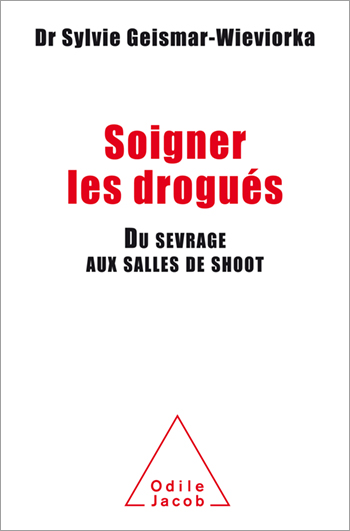
Sylvie Geismar-Wieviorka
Treating drug users From cold turkey to shooting galleries
A front-line doctor explains how to treat drug addicts

Michael S. Gazzaniga
The Social Brain
This book investigates the concepts of the "right brain" and the "left brain". According to the author the brain is most certainly made up of relatively autonomous modules which react independantly to environmental pressures. At least one of the modules, situated on the left side of the brain, is responsible for the interpretation of answers which may be contradictory with others, whereas yet another module on the same side translates into words the result of this interpretation. So, instead of being a unique, monolithic system that we imagined, the brain would appear to be a collectivity of systems - a social brain. This approach enlightens us as to the functioning of the human brain, and according to Gazzaniga, affects the very roots of our belief systems and societies. Renowned American neurologist, Michael Gazzaniga is Director of the Cognitive Neuroscience Division of Cornell University and chairman of Neuropsychology.
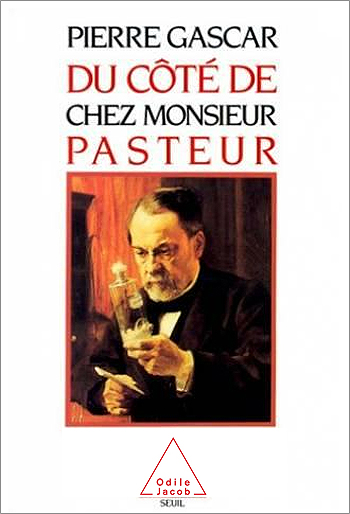
Pierre Gascar
A Look at the Home of Monsieur Pasteur
The spirit which inspired Pasteur's work is kept alive by the Institut Pasteur in Paris. From the discovery of the rabies virus and vaccine, to the Nobel Prize winning work of the Paris school of molecular biology, P. Gascar traces the history of an institution which has formed some of the finest biological minds of the century.

René Frydman
God, Medicine and the Embryo
With ethical questions raised about medically assisted pregnancies and medical experimentation, the eugenics debate has become a mute point. Yet bioethical legislation has remained ambiguous. René Frydman has made himself the ardent defender of progenics, a predictive and humanistic medicine. Here, Frydman reflects on the problem of the human embryo through the different points of view of science, religion, law, and morality, and answers ethical and religious questions that he has been asked by his patients. René Frydman is a gynecologist-obstetrician and a member of the FrenchEthics Committee.
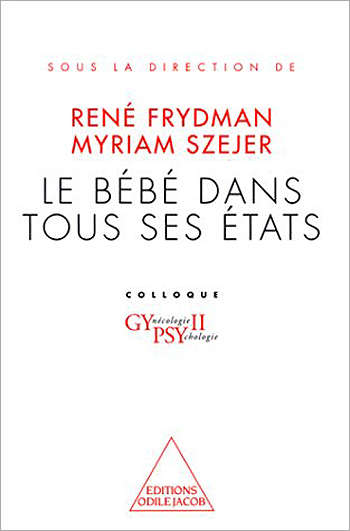
René Frydman, Myriam Szejer
The Baby Through All Stages of Development Gypsy II Conference
Can communication be established with new-born infants? Is it true that certain forms of sensory information can be transmitted to foetuses? How can doctors detect medical disorders which are the expression of psychic suffering in infancy? Can psychoanalysis help to relieve such disorders? To produce this report, paediatricians, midwives, psychotherapists, psychoanalysts, and researchers pooled their experience to provide a better understanding of what makes human beings develop harmoniously. The Gypsy II Conference was held in association with the organisation known as "La Cause des Bébés".
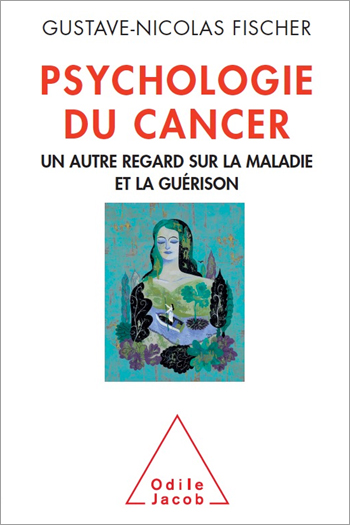
Gustave-Nicolas Fischer
The Psychology of Cancer A New Approach
Finally, a unique, rigorous analysis of the links between cancer and the psyche
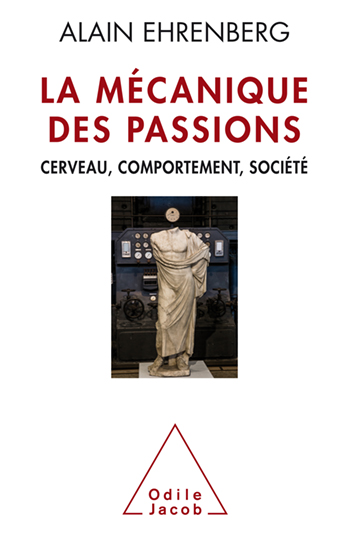
Alain Ehrenberg
The Mechanics of Passions: The New Contemporary Individualism
The book’s very stimulating thesis: the twenty-first century will be the century of the brain and the neurosciences, which are already playing the role that psychoanalysis played in the twentieth century.
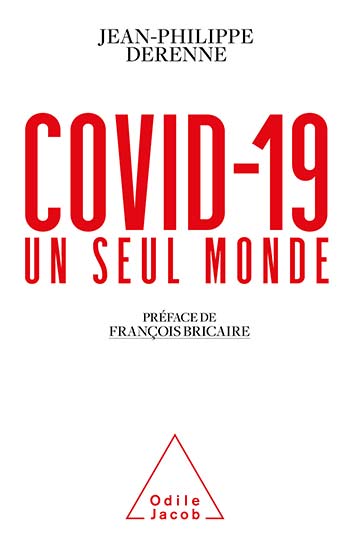
Jean-Philippe Derenne
Covid-19
All that we know about the plasticity of this virus, which is constantly mutating and changing, which makes it completely unpredictable. Even in countries where the crisis was believed to be over (China, Iceland, Slovakia, etc.), new cases are emerging.
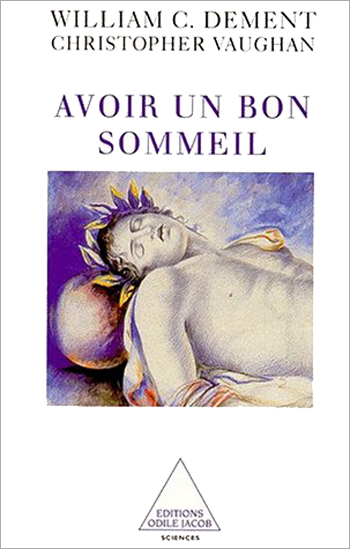
William C. Dement, Christopher Vaughan
How to have a good night's sleep
For more than forty years, William Dement has been researching the subject of sleep and of sleep-related problems. According to Dement, if we dont sleep well, we cannot be healthy; but its impossible to sleep well if we dont know what disturbs our sleep patterns, or what we stand to gain from an adequate nights rest. We are careful about our diets and we make sure we get enough exercise. Yet we often forget that it is equally important to sleep well. Sleep is often sacrificed to the demands of our daily lives. Doctors still tend to minimise the physical, emotional and psychological risks that result from a failure to give sleep its due. This fundamental work by a world-renowned specialist enables us to find out how we should sleep, in order to feel better and keep healthy. William C. Dement is a world authority in the field of sleep and in the treatment of sleep disturbances. In the 1970s, he founded one of the earliest centres specialising in the study of sleep at Stanford University, in California. He continues to teach at Stanford. Christopher Vaughan is the author of How Life Begins : The Science of Life in the Womb.
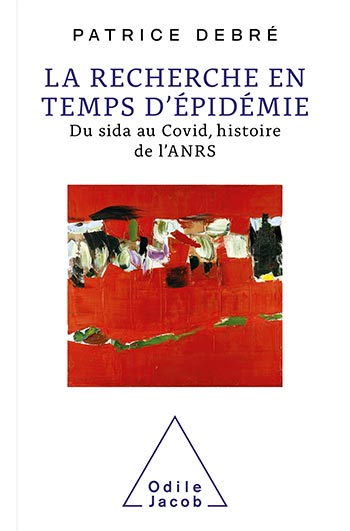
Patrice Debré
Research in Times of Epidemics From AIDS to Covid
The views of a doctor, who analyzes the AIDS crisis as the catalyst for a new health democracy, in relation to the recent debates on the management of public health policies.
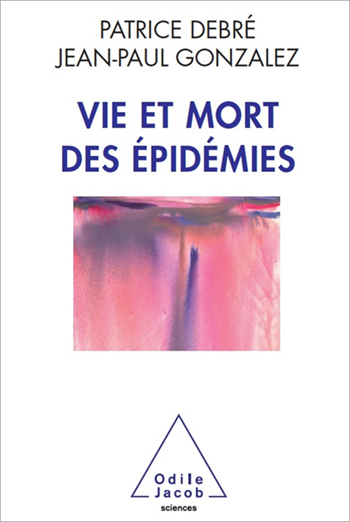
Patrice Debré, Jean-Paul Gonzalez
The Life and Death of Epidemics
A fascinating history of epidemics and the struggle to overcome them, from earliest times to the present
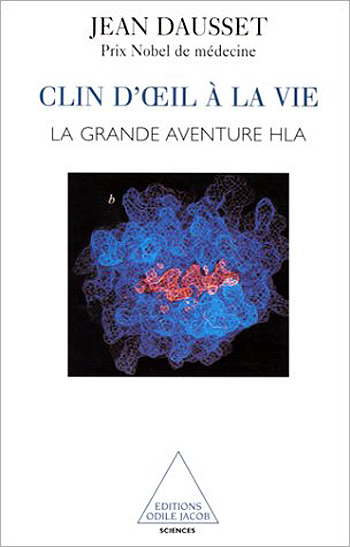
Jean Dausset
A Nod in the Direction of Life The Great HLA Adventure
Jean Daussets finding that white blood cells play an active role in immunization won him the Nobel Prize for Medicine and opened a new area of biological investigation, both in pure and in applied research. The HLA system harbours a unique peptide which may be regarded as the essence of the self in opposition to everything else much as the pineal gland was regarded as the seat of the soul by Descartes. The distinction between the self and the non-self is an essential one in immunology where an individuals defensive system must fight off foreign bodies while at the same time defending his or her own system. In his book, Jean Dausset recounts the story of his discovery and introduces the reader to other fascinating aspects of his life and work.

